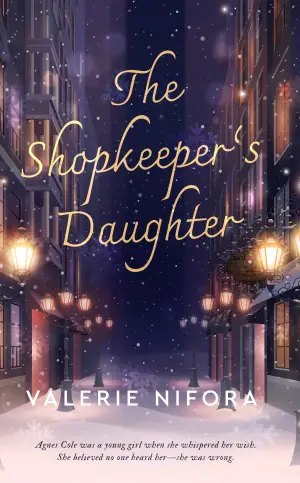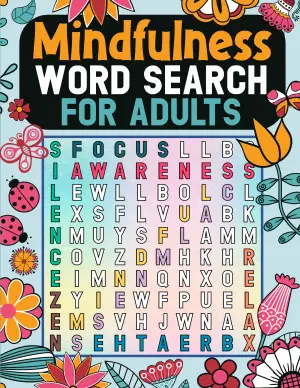Book Review: Didn’t See That Coming: Putting Life Back Together When…
When I stumbled upon Rachel Hollis’s latest book, "Didn’t See That Coming: Putting Life Back Together When…", it grabbed me with the promise of real-talk and resilience. As someone who has navigated my own share of life’s curveballs, I was curious—could Rachel’s insights help me piece things together in a fresh way? As it turns out, my twenty bucks were a journey down a rabbit hole of mixed feelings, and I plowed through it more out of curiosity than pure enjoyment.
First off, I have to acknowledge the raw, heartbreaking experience Rachel shares regarding her brother. It’s a tragedy that no one should endure, especially at such a tender age. My heart goes out to her; as someone who stands with friends through their grief, I felt that weight deeply. However, my review comes from a place of honesty about her writing style and the messages she conveys.
One moment struck a chord, altering my initial impression of the book. Rachel writes, “but there should absolutely be shame in slowly drowning [financially] while pretending that life is fine so none of your ‘friends’ know that you’re struggling.” Hold up. The line threw me. Shame layered on top of struggle? It’s a weighty emotion that too many carry, and conflating it with financial hardship feels grossly misguided. Guilt can drive positive change, as Brene Brown reminds us, but shame? That’s a toxic burden.
The recurring theme of “stop wallowing” throughout the book left me in a quandary. If I were struggling, I can’t imagine picking up this book for encouragement. Rachel seems to suggest that grief should have a timeline—mourn briefly, then “get over it.” One particularly jarring quote was her dismissal of mourning: “If you can’t laugh at a funeral, you’ve probably been blessed all your life.” Oof. That sentiment rang painfully hollow to me. Grief is a personal and unique journey for every individual, and minimizing it with blanket advice feels misplaced and insincere.
Though I may not resonate with her methods for coping—like munching on raw almonds and hitting the gym while grieving— I wonder if her own tumultuous experience with divorce positioned her perspective rather uniquely. The narrative comes off partly as a memoir, and I couldn’t help but feel a lack of broader empathy to different grieving styles. If she had explored these complexities and offered a more inclusive dialogue, the book might have landed differently.
Rachel’s advice on finances—basically, start a side hustle to dig yourself out—feels like a gross oversimplification, especially when more complex factors often dictate one’s economic situation. Life is messy, and advice like that can feel more like a band-aid on a much deeper wound.
In conclusion, "Didn’t See That Coming" can be comforting for those who appreciate Rachel Hollis’s motivational style and shared experiences—especially if they’re in a place to embrace her unapologetic confidence. However, for anyone currently navigating grief or financial instability, I might recommend a more empathetic exploration on that path. My own reading experience was fraught with emotional stirrings, leaving me more reflective than inspired. And that’s where Rachel’s journey, and my response, converged: life may throw us into chaos, but the path to healing is anything but one-size-fits-all.
Discover more about Didn’t See That Coming: Putting Life Back Together When… on GoodReads >>






